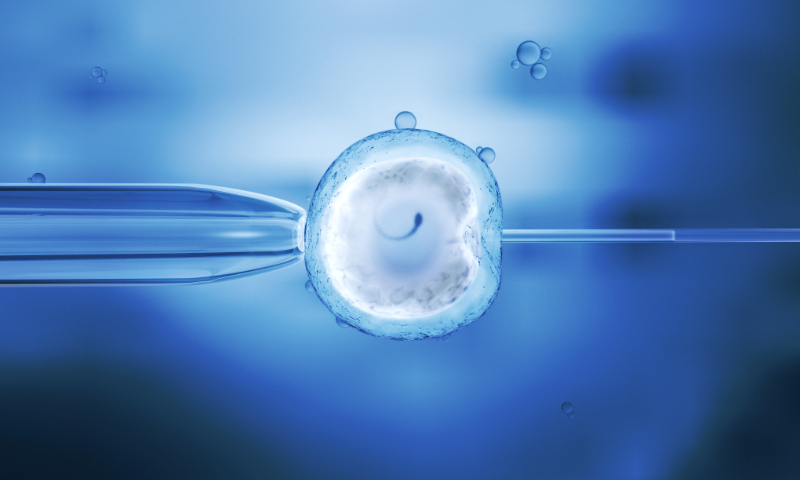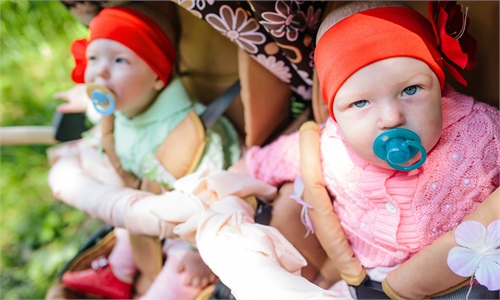
Photo: VCG
A Chinese couple have decided to reconcile to the fact that the embryo of their baby was mistakenly mixed up by a hospital from East China's Anhui Province during in vitro fertilization (IVF), according to media report on Tuesday.
In 2011, Chen Dong (pseudonym) and his ex-wife Wang Lei (pseudonym) had a child named Xiao Xuan through in vitro fertilization at the First Affiliated Hospital of Anhui Medical University. However, in 2020, they were shocked to discover that the boy was not biologically related to either of them.
This news caused a stir on Chinese social media, particularly after the hospital responded by stating that they could not trace the embryo and urged the couple to be "open-minded" about the mix-up.
Chen contacted the hospital in an effort to determine the biological parents of his child, as this information would be necessary if a bone marrow transplant was ever required from a blood relative.
"The hospital's mistake totally messed up who is my child," Chen, the 50-year-old, said. In the initial trial, the hospital was found fully liable for the incident and was fined 640,000 yuan ($93,055) as compensation for the couple.
This case has sparked intense debate about how to address medical negligence in cases involving IVF babies in order to prevent similar incidents from happening in the future.
It is not clear how the embryos received by Chen Dong and his wife were transplanted but if the embryos was indeed switched by the hospital without notifying health condition or receiving consent from the parents, the hospital may have violated China's regulations on human assisted reproductive technology and ethical principles, said Wang Yue, a professor of Medical Ethics and Law at Peking University.
At the time of the incident in 2011, China was still in the early stages of applying artificial reproductive technology, and there were few standards in place for its management and supervision, noted Wang.
There were only a few relevant regulations in place at the time, including the Norms for Human Assisted Reproductive Technology from 2003. In 2013 and 2019, Chinese health authorities issued new regulations aimed at reducing the risks associated with assisted reproductive technology.
The National Health Commission (NHC) has now initiated the drafting of the Regulations on the Management of Assisted Reproductive Technology.
As the hospital failed to restore the embryos, trace medical records or verify the identity of the embryos, it could face an administrative penalty of up to 30,000 yuan, according to Wang, citing the Norms for Human Assisted Reproductive Technology.
Wang called for legislative bodies to impose higher penalties for such cases in order to serve as a deterrent to wrongdoers.
The divorced couple said they won't stop loving the boy.
"The child has been raised well, but he is not the child we originally intended to have. It is unacceptable that the hospital made a mistake with the embryos," Wang Lei said. However, she stated that they would treat the child as they always have, and that they had even purchased a property for him and had no plans to take it back.
Prior to Xiao Xuan, Chen had raised a daughter who was unable to care for herself due to an illness.
Global Times

